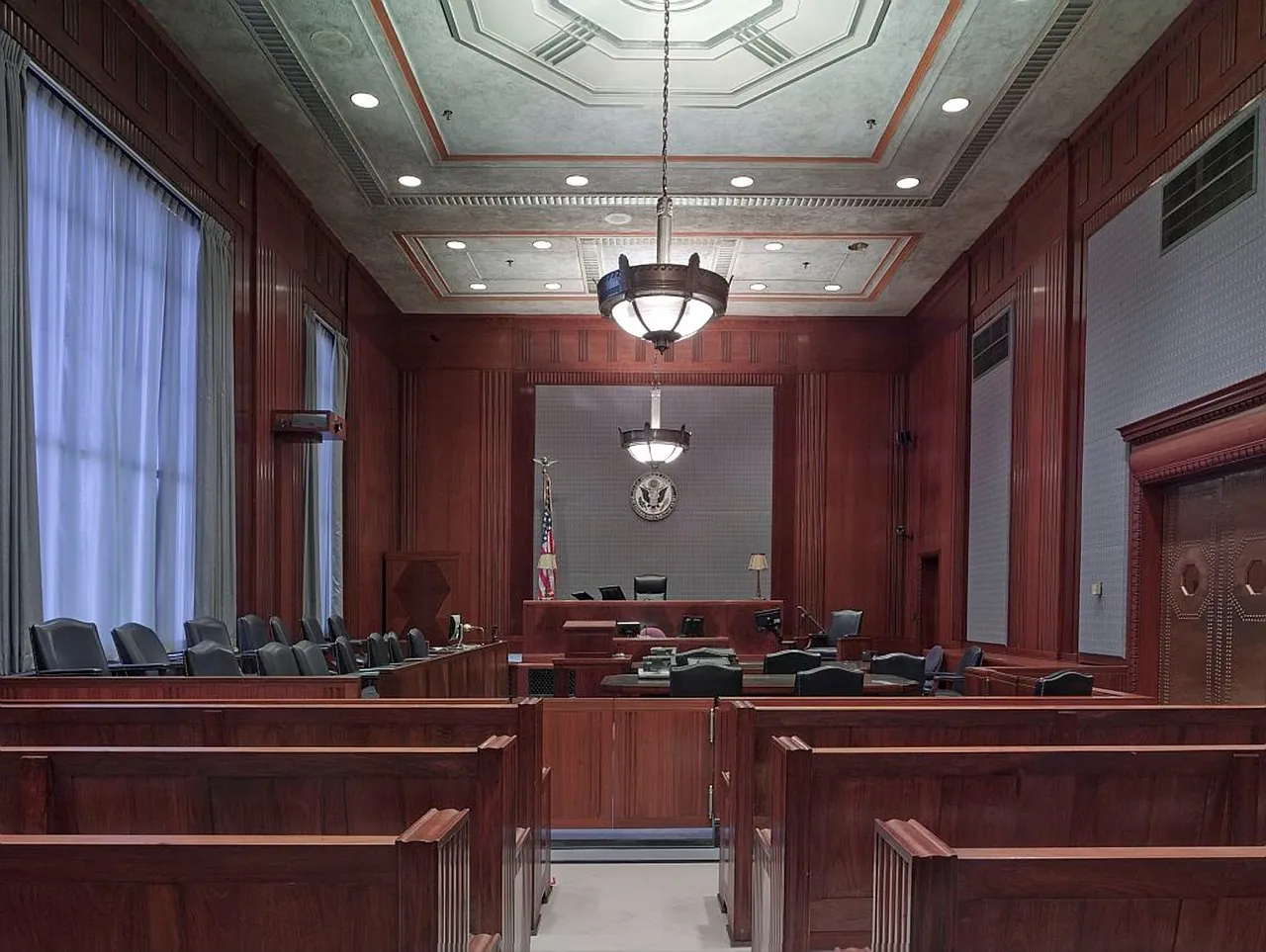 For the average person, finding yourself in a jail cell charged with driving under the influence would be a frightening prospect. If that happened to you recently, you are undoubtedly still concerned about how your case will end. One of the most important decisions that must be made in any criminal case is whether or not to take the case to trial. If you are determined to take your case to trial, your choice of attorney will be even more important than usual because some Sarpy County DUI attorneys are more inclined to take cases to trial than others.
For the average person, finding yourself in a jail cell charged with driving under the influence would be a frightening prospect. If that happened to you recently, you are undoubtedly still concerned about how your case will end. One of the most important decisions that must be made in any criminal case is whether or not to take the case to trial. If you are determined to take your case to trial, your choice of attorney will be even more important than usual because some Sarpy County DUI attorneys are more inclined to take cases to trial than others.
Your DUI – Your Choice
People often operate under a variety of misconceptions when it comes to the job of a criminal defense attorney. At the top of that list is the belief that a defense attorney makes all the strategic decisions for the client. That is not the case. If you are charged with a criminal offense, whether it is driving under the influence (DUI) or another crime, you are the one who must ultimately make certain decisions in your case. Whether or not to take your case to trial is the most important of the decisions you must make. Of course, your DUI attorney should provide you with plenty of advice regarding the strengths and weaknesses of your case and what the penalties you could face if you lose at trial; however, at the end of the day, your attorney cannot decide how to resolve your case.
Your Options
Once the prosecuting attorney has formally filed charges against you, there are only a few ways in which your case can be resolved. The State could decide to dismiss the charges against you if it turns out they lack the evidence necessary to convict you or if there is some other incentive to do so. In most cases, however, the options for resolving a case involve accepting a guilty plea agreement negotiated on your behalf by your attorney between you and the State or taking your case to trial and allowing a judge or jury to decide the issue of guilt.
Things to Consider When Deciding If Taking Your Case to Trial Is Your Best Choice
Although the prosecuting attorney and the arresting officer may have made it sound as though a conviction in your case is a foregone conclusion, that may not be the case. Naturally, they hope you will accept a guilty plea agreement without even considering any other options. You have a constitutional right, however, to a trial by jury (or judge)at which the State must prove your guilt beyond a reasonable doubt. Some of the factors you should consider when deciding whether it is in your best interest to exercise your right to a trial include:
- Strength of the State’s evidence – this is the most obvious consideration. Sometimes the State’s evidence isn’t as strong as they would like you to think it is. For example, your attorney might be able to successfully challenge the validity of chemical test results in your case.
- Likely punishment if you lose – judges often hand down harsher sentences to defendants who lose at trial than what that same defendant would receive pursuant to a guilty plea agreement that avoids trial. Your DUI attorney should be able to give you some idea what penalties you will likely incur if you are convicted at trial.
- Your attorney’s trial abilities – some criminal defense attorneys focus more on negotiating plea agreements than on taking cases to trial. If you are considering a jury trial, make sure you have an attorney on your side who has plenty of trial experience.
- The judge or jury – the law may prohibit bias, prejudice, and preconceived notions; however, human nature being what it is, they still exist to some extent in just about everyone. If you are thinking about taking your case to a jury trial, you need to consider the likely make-up of your jury and how those people will view you. Wile this should not be a consideration, reality dictates that it is. Similarly, you need to take into account the judge in your case, particularly if you are considering a bench trial (wherein the judge decides the issue of guilt).
Contact Sarpy County DUI Attorneys
If you have been arrested for driving under the influence (DUI) in the State of Nebraska, contact the Sarpy County DUI attorneys at Petersen Law Office 24 hours a day at 402-513-2180 to discuss your case with an experienced DUI defense lawyer.


